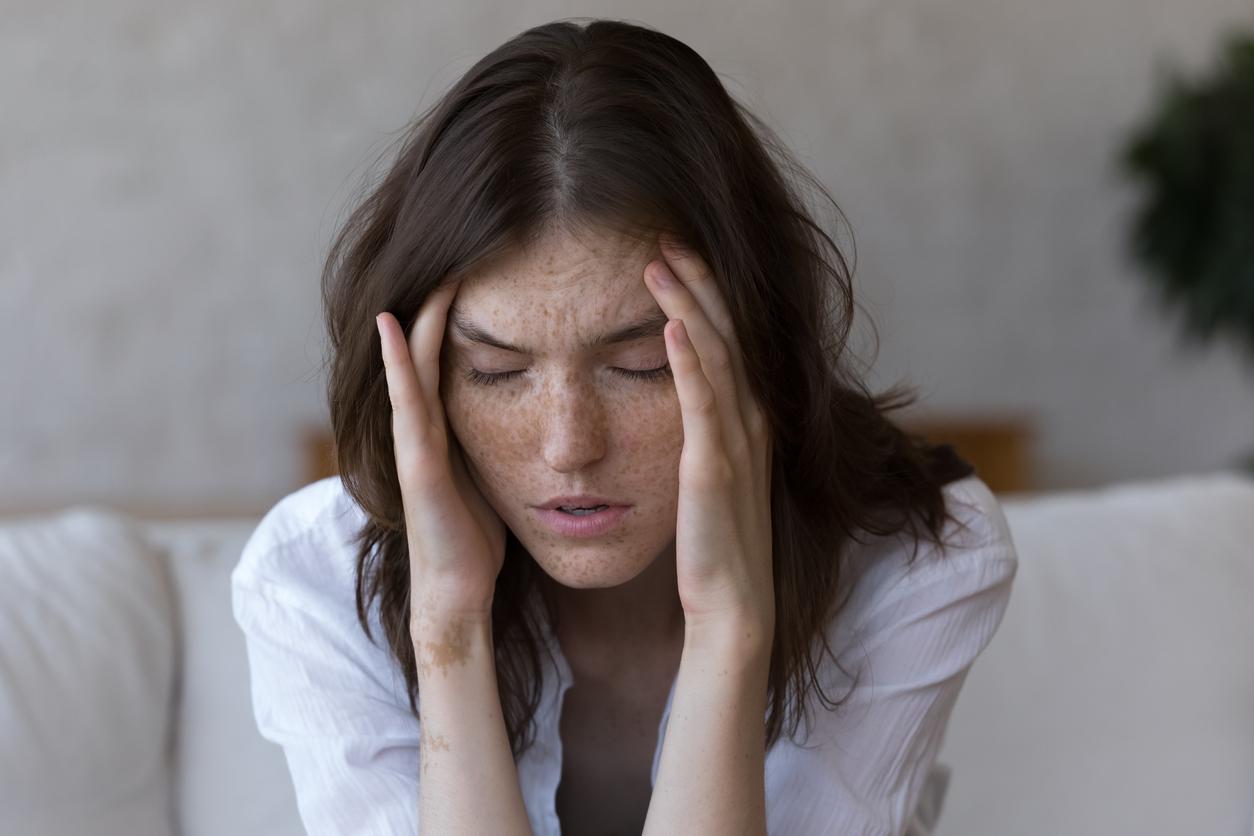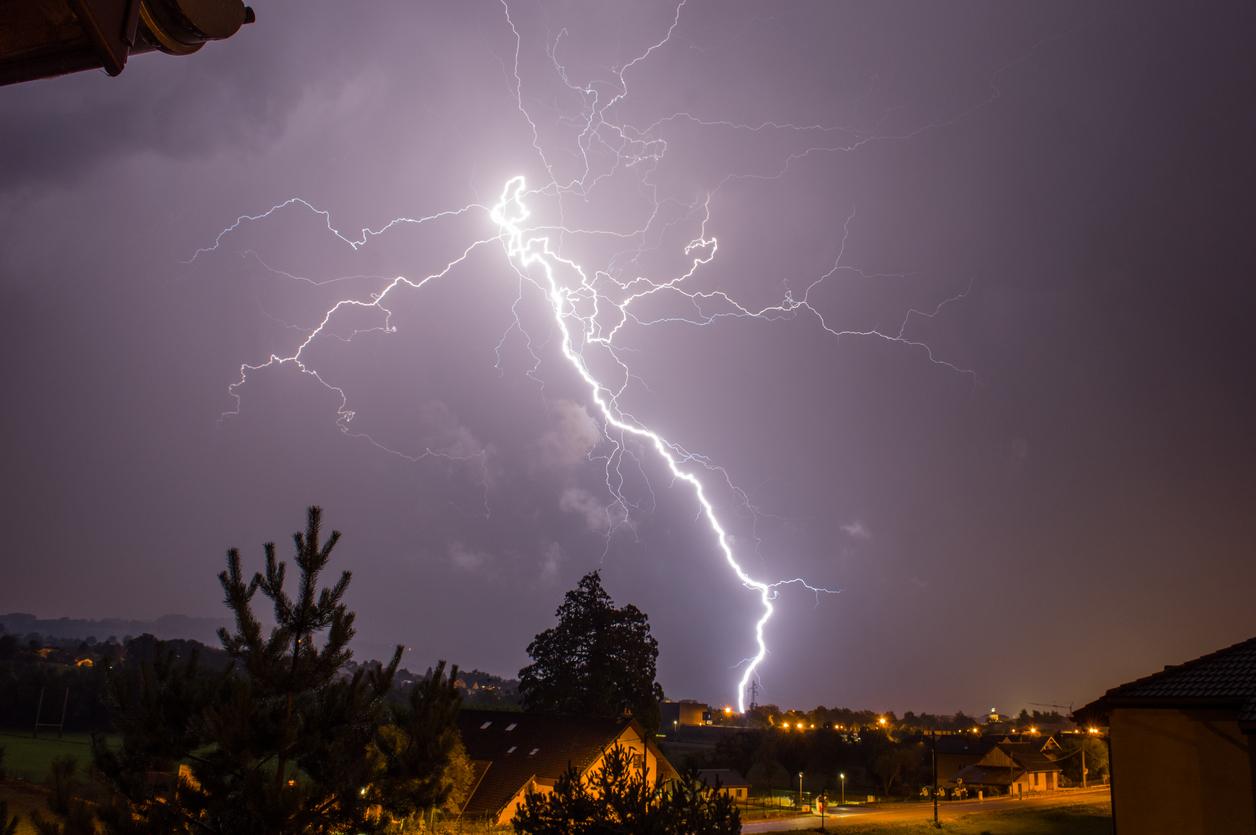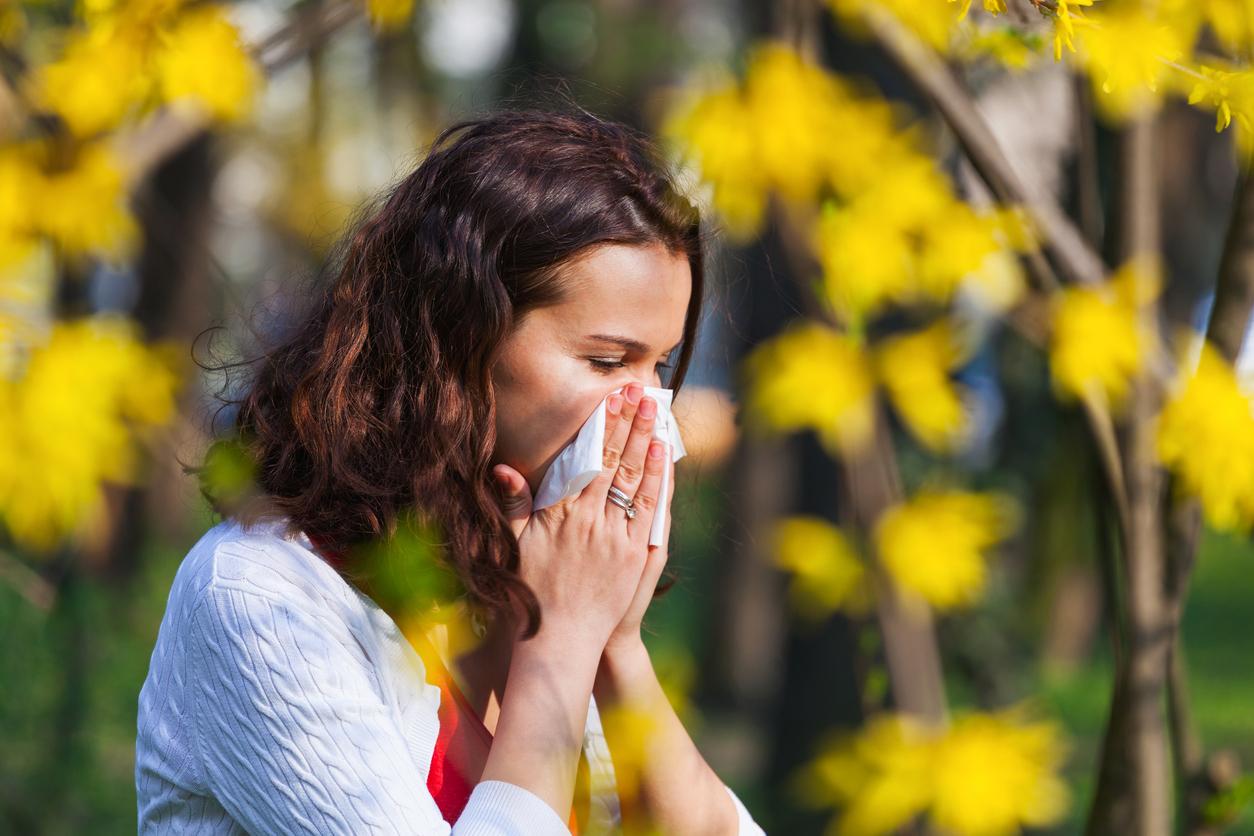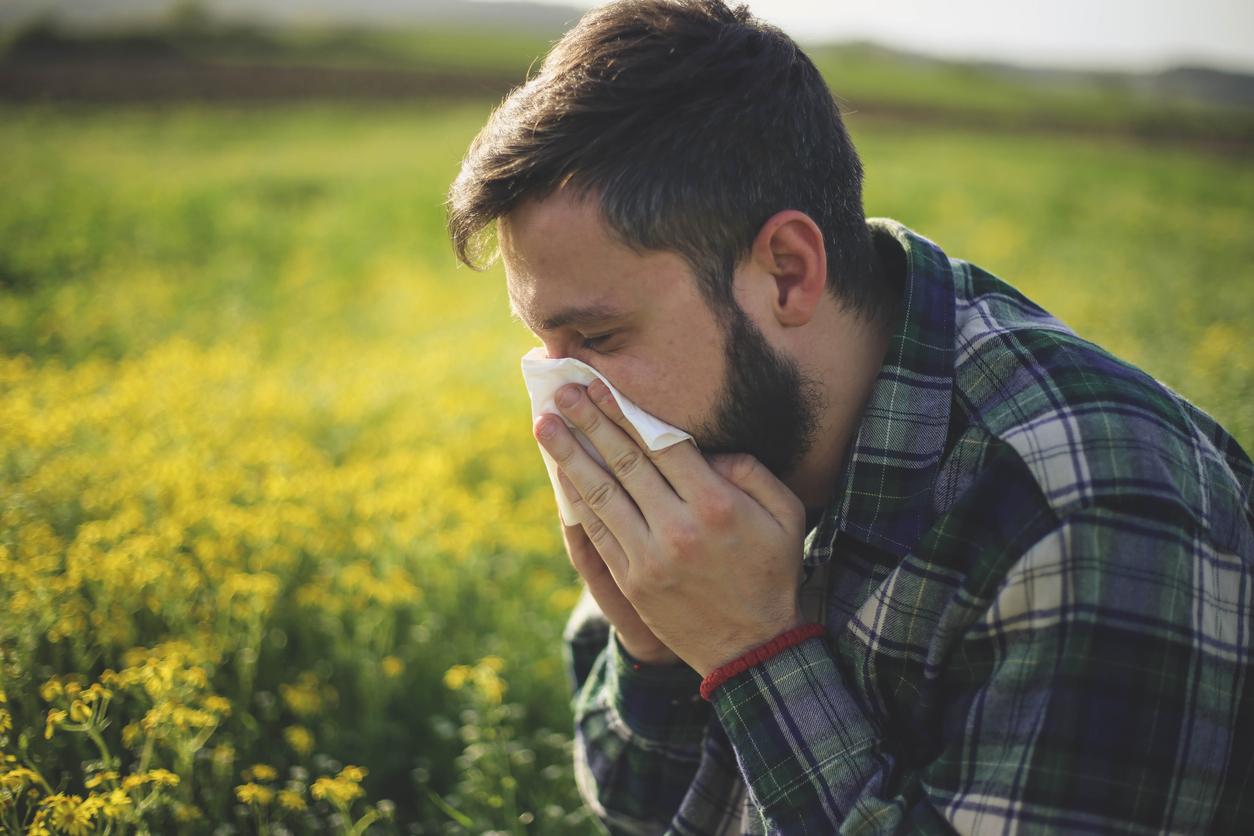
May 23, 2017.
The National Aerobiological Surveillance Network (RNSA) has just alerted to the allergic risk in 11 departments which have just been placed on red alert. Who is concerned ?
Departments on red alert
The return of the sun is excellent news, but it is accompanied by a dispersion of pollen which will increase in the coming days. According to the recommendations of the RNSA, the Landes, the Pyrénées-Atlantiques, the Hautes-Pyrénées, the Gers, the Lot-et-Garonne, the Tarn-et-Garonne, the Tarn, the Aude, the Pyrénées-Orientales, the Aveyron and Lozère were placed in red grass pollen alert, until Friday, May 26.
People allergic to grass pollen who live in these different departments ” must follow their treatment or consult their doctor “, indicated the organization which studies the contents of the air and its impact on the allergic risk. ” The rain-sun alternations benefit the growth of grasses and as soon as the sun is present these pollens are dispersed in the air », Specifies the RNSA.
The different symptoms of people with allergies
” Oak pollens, still present all over France, hang mainly around the Mediterranean », Adds the organization on its website. “This region also undergoes the onslaught of olive and parietary pollen. Sorrel is present throughout France with a very low risk and plantain pollens will be mainly in the South“. If you live near these trees, do not hesitate to go to your doctor now..
People who are allergic to grass pollen may have different symptoms: sneezing, stuffy nose, itchy nose, conjunctivitis, headache, or itchy sensations in the mouth or airways. These symptoms will be treated orally with antihistamine drugs or topical treatments. in the nose, eyes or bronchi.
Marine Rondot
Learn more about Allergic rhinitis (seasonal allergy, hay fever)















